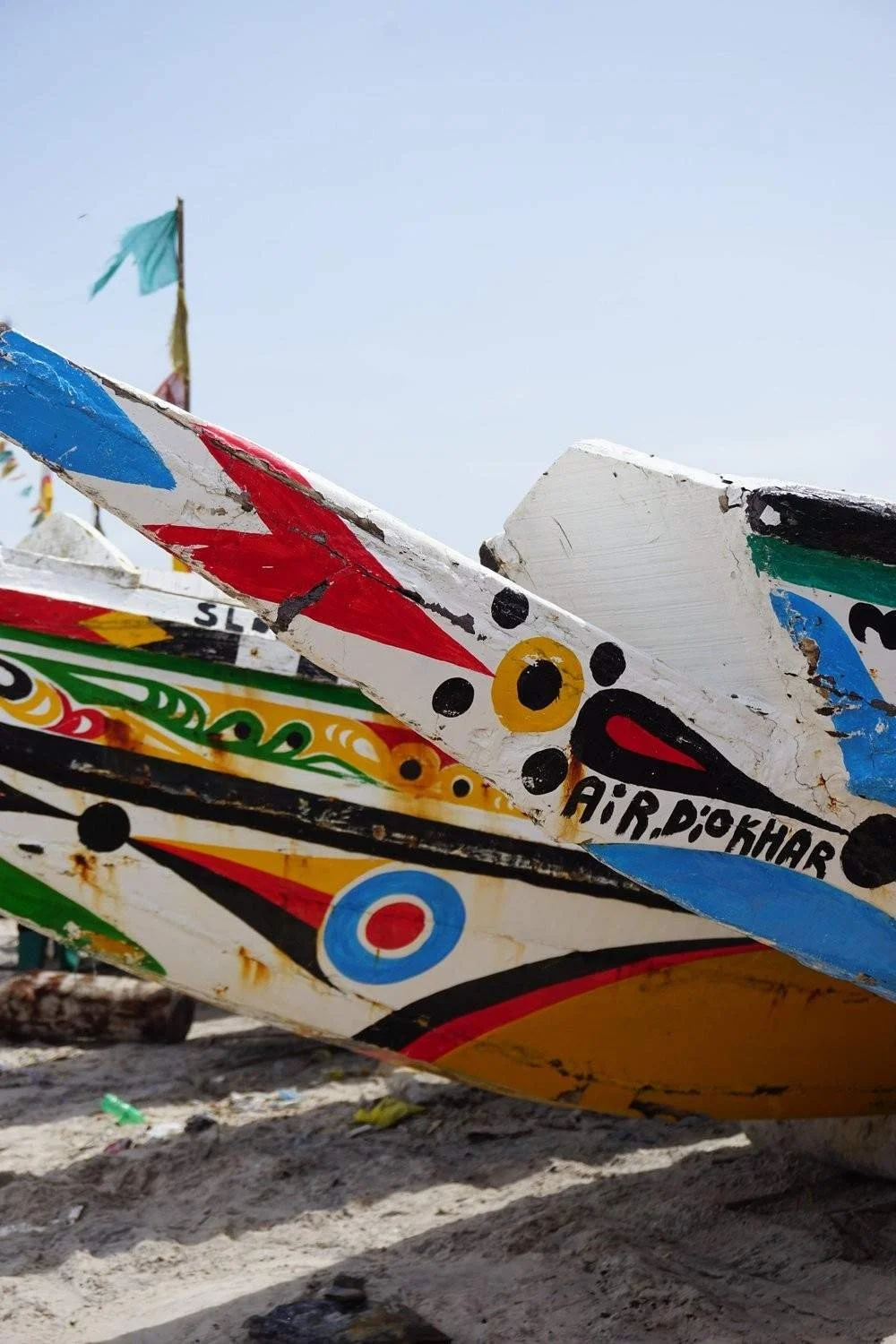
Get to Know the Wolof language and Wolof culture
The Wolof language is spoken in Senegal, Gambia, and Mauritania. It is part of the Senegambian branch of the Niger-Congo language family, but unlike many of the Niger-Congo languages, it is not tonal.
Although the Wolof language is the mother tongue of around 40 percent of Senegal’s population, it is the most widely spoken language in the country, as most Senegalese speak it as a second language.
Why learn the Wolof language?
Speakers :
10 million
Where :
Senegal, Gambia, Mauritania
Dialects :
Senegalese / Mauritanian Wolof, Gambian Wolof
Cover Image
Saloum Delta National Park, Senegal
Photo by Curioso Photography on Unsplash
Map
Par SyntaxTerror — Travail personnel, File:Senegal adm location map.svg, Ethnologue maps (Mauritania, Senegal and the Gambia), CC BY-SA 4.0, https://commons.wikimedia.org/w/index.php?curid=78602911
Resources for learning the Wolof language
-

Websites and Courses
-

-

-

-

Books
by Wolof kasahorow
Wolof-English English-Wolof Dictionary & Phrasebook
by Nyima Kantorek
Folktales From The Gambia : Wolof Fictional Narratives
by Emil A. Magel
by Jean-Léopold Diouf, Marina Yaguello
Wolof Phonology and Morphology
by Omar Ka
Ndoomu Buur Si (The Little Prince in Wolof)
by Antoine de Saint-Exupéry
by Mamour Dramé
-

Podcasts
-

-

-

-
All of the resources mentioned on the website and in the How to Learn Languages guides are resources I believe in. They're resources I've either found useful learning languages, or have researched for the How to Learn Languages website and guides. The overwhelming majority of these resources are not affiliate links.
I only agree to affiliate links for resources I genuinely believe in. By having affiliate links for resources I believe in, I hope this can reduce the cost of paid resources for you, whilst also helping me to continue working on books, videos, documentaries, and How to Learn Languages.
This link to the Ling app is an affiliate link. I recommend Ling because they provide a fun and convenient way to start learning languages that are less frequently covered online. If you sign up to one of Ling’s paid plans using this link, I’ll earn a commission - at no extra cost to you.
If you buy certain books linked in How to Learn Languages guides, on my websites, or social media channels, I’ll earn a commission - at no extra cost to you - from Bookshop.org, whose fees support independent bookshops. Any books that aren’t available from Bookshop.org have been linked to their relevant page on Goodreads.
This italki link is also an affiliate link. If you pay for your first lesson on italki using this link, you’ll receive $10 italki credits, and I’ll earn a commission - at no extra cost to you.
Although the series aims to show anyone how to learn languages for free, it’s true that paid resources often help save time - both in terms of preparation and organisation. By having affiliate links for resources I believe in, I hope this can reduce the cost of paid resources for you, whilst also helping to make the development of more How to Learn Languages guides possible.
Regardless of whether you use the affiliate links, thank you so much for your support. I really appreciate it.
Download the Ling app and start learning languages less frequently covered online!
★★★★★
*Affiliate link : If you sign up for Ling Pro, I’ll earn a commission, at no extra cost to you. Ling is a resource I believe in!
Contact
Do you make videos or resources for learning a specific language? Feel free to get in touch so I can add links to your work on the relevant Get to Know page for that language, or in the relevant How to Learn Languages guide.
As well as helping people to learn languages, encouraging linguistic diversity, and raising awareness for the rights of indigenous peoples, I hope How to Learn Languages will also help to grow the audiences of anyone creating resources for learning languages.


